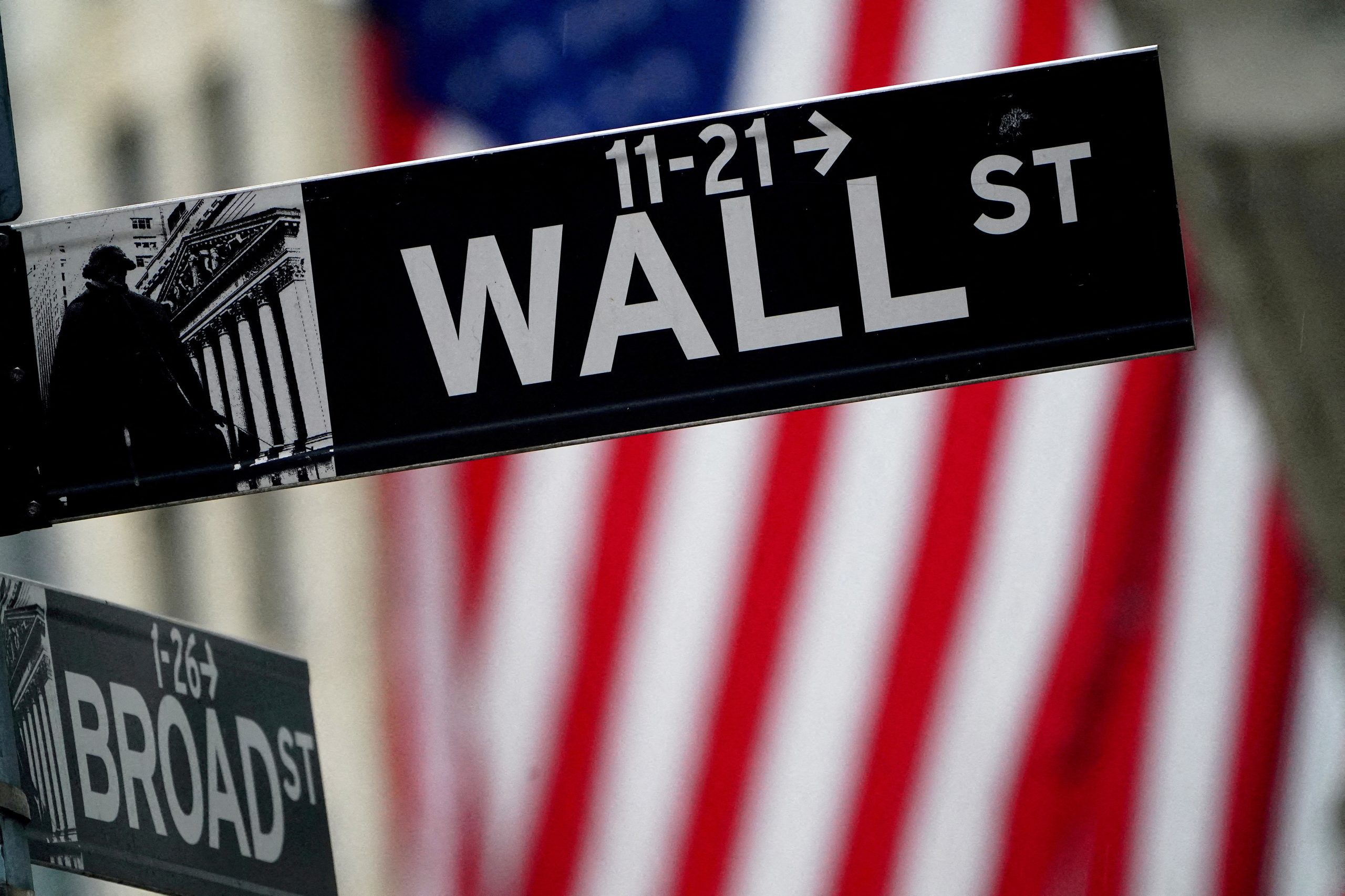The downgrade follows a turbulent period in the U.S. including protracted battle over the debt ceiling and the size of the nation’s debt
Wall Street experienced a downward trend on Wednesday, with both the S&P 500 and Nasdaq Composite registering losses for the second consecutive day following rating agency Fitch downgrading the U.S. government’s credit rating.
Fitch’s downgrade lowered the United States’ rating from AAA to AA+, citing concerns about expected fiscal deterioration over the next three years and the rising government debt. This marked the second major agency to cut the country’s rating, following Standard & Poor’s downgrade in 2011.
As a result of the news, rate-sensitive megacap stocks like Tesla, Nvidia, Meta Platforms, and Apple all experienced declines, mainly due to the rise in the yield on U.S. 10-year Treasury notes to its highest level in nearly nine months.
The technology index suffered the most significant setback, dropping by 2.6% and emerging as the worst-performing sector among the 11 major S&P sectors. Nine sectors, in total, ended the day in negative territory.
The Dow Jones Industrial Average fell by 348.16 points (0.98%) to close at 35,282.52, while the S&P 500 lost 63.34 points (1.38%) to finish at 4,513.39. The Nasdaq Composite experienced a sharp decline, dropping 310.47 points (2.17%) to reach 13,973.45.
Amidst concerns of a potential recession, the ADP National Employment report brought some optimism as it indicated that private payrolls increased more than expected in July, signalling continued resilience in the labour market, which could act as a buffer for the economy.
Despite lingering fears about a recession, corporate America’s performance has been robust.
With approximately two-thirds of the S&P 500 companies having already reported their earnings, an impressive 79.9% of them have exceeded analysts’ expectations, as reported by Refinitiv I/B/E/S. This performance has set the quarter on track for the highest earnings beat rate since the third quarter of 2021.
In terms of specific company earnings, CVS Health Corp gained 3.3% after surpassing Wall Street estimates for quarterly profit. Similarly, Emerson climbed 3.8% after the industrial software firm raised its annual profit outlook.
However, not all companies experienced positive results. Advanced Micro Devices (AMD) saw a 7% decline due to concerns about ambitious targets for an artificial intelligence (AI) ramp-up. These worries overshadowed the chip designer’s otherwise optimistic forecast for the year’s end.
The overall trading volume on U.S. exchanges reached 11.88 billion shares, exceeding the 10.79 billion average for the last 20 trading days.



 News3 days ago
News3 days ago


 Leaders3 days ago
Leaders3 days ago


 Shows3 days ago
Shows3 days ago


 News3 days ago
News3 days ago


 Docos5 days ago
Docos5 days ago


 Leaders4 days ago
Leaders4 days ago


 Leaders4 days ago
Leaders4 days ago


 News2 days ago
News2 days ago





